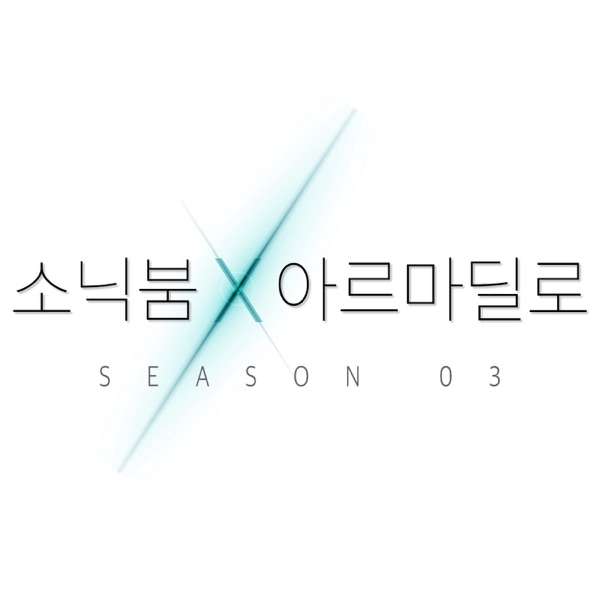We start with a tragedy, then a cautionary tale of the world not ready for a band. We then find more positive inspiration from an artist who delivers a huge seller. We end with a legend.
Janis Joplin dies just before releasing her magnum opus, “Pearl.” A band called Fanny is ready to rock, but a culture poisoned by the patriarchy isn’t yet ready to accept them. Carole King makes Tapestry, a sincere, modest, and deeply personal album that hits huge and becomes a milestone for women. We complete the story with a profile of one of the giants of 20th Century Music, Joni Mitchell. We discuss her artistic and commercial peak in the early 70s with “Blue,” “For the Roses,” and “Court and Spark.” We admire all of these women for kicking down the door, and we celebrate the progress we’ve made since them, but there is still a long way to go.
Now for some general remarks about the research and writing.
To the best of our ability, we tried to center women in this chapter. We’ll leave it to the listener to decide how we did with that.
There’s a diversity of opinion about this, but we think it’s fair to say the second wave of feminism hits the crest during the period we are covering, and it is not at all a coincidence that women really start to make big and important contributions to Rock Music right around this time too.
Roe vs Wade was decided right around here, about fifty years ago. We are painfully aware of the US Supreme Court’s recent decision to overturn Roe, stripping many millions of American women of their fundamental human rights to bodily autonomy and medical privacy.
As we move forward with our chapters, we will document that half century of regressive backlash and how it got us here; it’s part of the story. Like we often say, Rock N Roll reflects back on, interacts with, and affects the larger society. And vice versa. In the late Sixties and early Seventies, it seemed like the progress would be permanent, and that more progress was on the way. Some of us were naive enough to believe that. We would do well now to remember the words of the anti slavery activist Frederick Douglass, way back in 1857:
This struggle may be a moral one, or it may be a physical one, and it may be both moral and physical, but it must be a struggle. Power concedes nothing without a demand. It never did and it never will.
Voice Talent
- Richard Evans as L.A. County Coroner
- Stephanie Pena as Alice Echols
- Stephanie Meyers as the voice of Creem Magazine
- Amanda Morck as Meredith Ochs
- Christy Alexander Hallberg as the voice of the IMA mission statement
- Carole King as Herself
- Erin Alden as Tanya Pearson
- Lynley Ehrlich as Carol Hanisch
- Thessaly Lerner as Judy Kutulas
- Holly Cantos as the voice of the New York Times
Online Resources
Rock’s Back Pages
Coroner's Report, archived at janisjoplin.net
ABC Nightly News Report, from October 4th, 1970
Deeper Digs in Rock: 'Rock N Roll Woman: The Fifty Fiercest Female Rockers' with Meredith Ochs
The Institute for the Musical Arts
1416 N. La Brea Ave, Hollywood
50 years ago, the Sylmar earthquake shook L.A., and nothing’s been the same since
Women of Rock Oral History Project
"That's the Way I've Always Heard It Should Be": Baby Boomers, 1970s Singer-Songwriters, and Romantic Relationships
Carol Hanisch The Personal is Political
New York Times “Albums as Mileposts in a Musical Century”
Deeper Digs in Rock: Reckless Daughter - A Portrait of Joni Mitchell
Jonimitchell.com
Joni Mitchell, Woman of Heart and Mind
Books
- Joan Didion, “Slouching Towards Bethlehem”
- Alice Echols: “Scars of Sweet Paradise”
- Carole King: “Natural Woman”
- Meredith Ochs: “Rock And Roll Woman: The Fifty Fiercest Women Rockers”
- Sheila Weller: “Girls Like Us”
- Jerry Wexler: “Rhythm and the Blues”
- David Yaffe: “Reckless Daughter”
Documentaries and Films
Fanny: The Right to Rock
Learn more about your ad choices. Visit megaphone.fm/adchoices

 Our TOPPODCAST Picks
Our TOPPODCAST Picks  Stay Connected
Stay Connected






